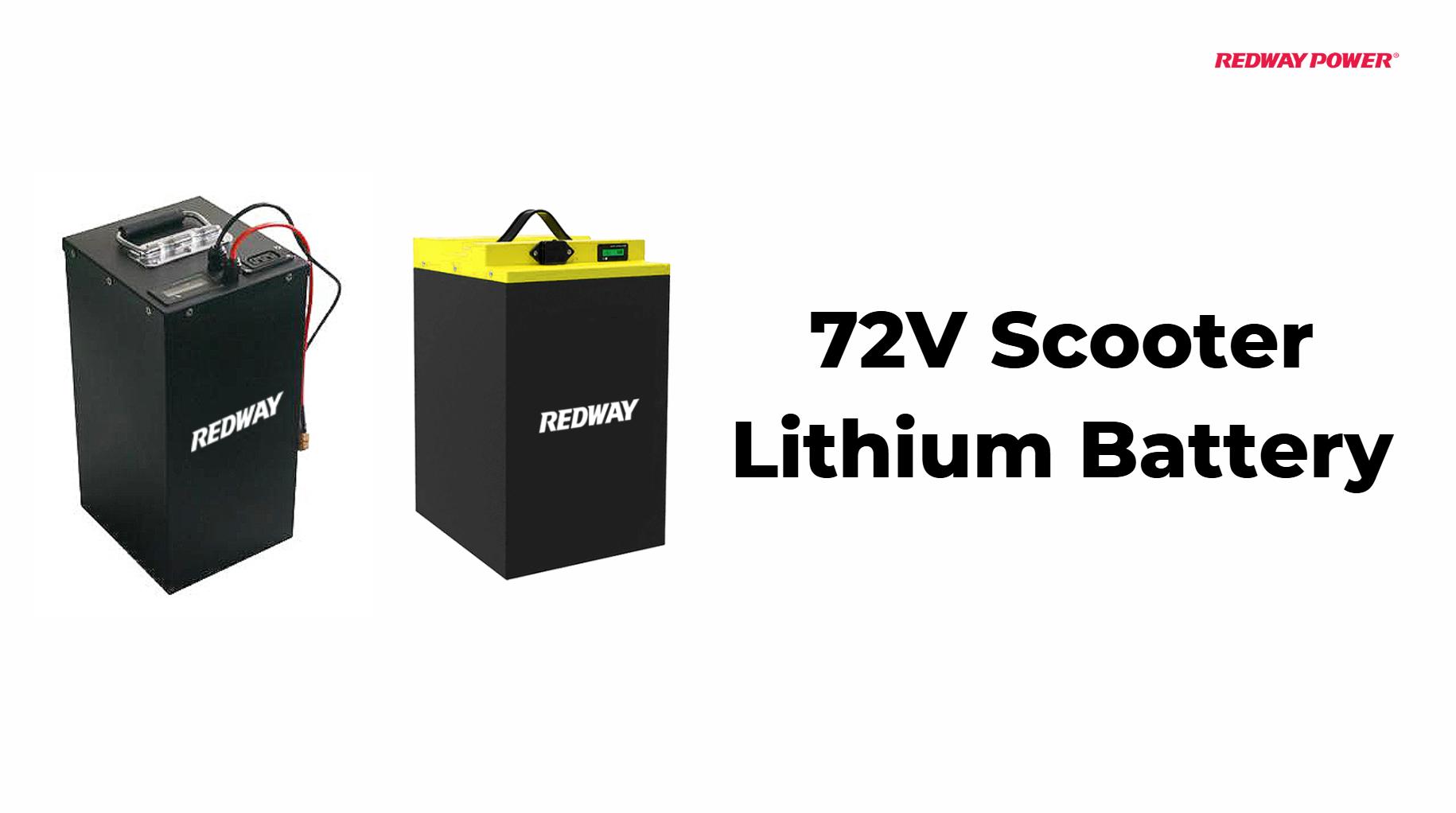The voltage of an electric scooter battery typically ranges from 24V to 60V, with 36V and 48V being the most common choices for optimal performance and efficiency. Understanding the implications of these voltages is crucial for selecting the right scooter for your needs.
What is the Voltage of an Electric Scooter Battery?
Electric scooter batteries usually operate within a voltage range of 24V to 60V, depending on the scooter’s design and intended use. Most scooters use either 36V or 48V batteries, which provide a good balance between power and efficiency, allowing riders to achieve decent speeds and range.Chart: Common Voltage Ranges in Electric Scooters
| Voltage Level | Typical Use Case |
|---|---|
| 24V | Lightweight scooters, children’s models |
| 36V | Standard adult scooters |
| 48V | High-performance scooters |
| 60V | High-speed models, off-road use |
How Does Voltage Affect Electric Scooter Performance?
Voltage plays a critical role in determining an electric scooter’s performance characteristics, such as speed and acceleration. Generally, higher voltage levels allow for greater power output, leading to faster speeds and improved acceleration capabilities.Chart: Impact of Voltage on Performance
| Voltage Level | Speed Potential | Typical Applications |
|---|---|---|
| 24V | Up to 10 mph | Kids’ scooters |
| 36V | Up to 20 mph | Commuter scooters |
| 48V | Up to 28 mph | Performance scooters |
| 60V | Over 30 mph | High-performance models |
How Do Different Battery Voltages Compare?
When comparing battery voltages, it’s essential to consider factors such as weight, efficiency, and intended use. While lower voltage batteries are lighter and cheaper, they may not provide sufficient power for demanding applications, whereas higher voltage batteries can offer enhanced performance but at increased weight and cost.Chart: Comparison of Battery Voltages
| Feature | 24V | 36V | 48V |
|---|---|---|---|
| Weight | Light | Moderate | Heavier |
| Cost | Low | Moderate | High |
| Performance | Basic | Good | Excellent |
Why Should You Choose a Higher Voltage for Your Electric Scooter?
Choosing a higher voltage battery can significantly enhance your riding experience by providing better acceleration, higher top speeds, and improved efficiency over longer distances. This makes higher voltage options particularly suitable for users who plan to tackle hilly terrains or require faster commuting.
How Does Battery Chemistry Influence Voltage?
Battery chemistry affects not only the voltage output but also the overall performance characteristics of the battery pack. Lithium-ion batteries are commonly used in electric scooters due to their high energy density and ability to maintain stable voltage under load compared to other chemistries like lead-acid.Chart: Common Lithium-Ion Chemistries
| Chemistry | Nominal Voltage | Characteristics |
|---|---|---|
| Lithium Cobalt | ~3.6 V | High energy density |
| Lithium Iron Phosphate | ~3.2 V | Stable discharge |
| Lithium Manganese | ~3.7 V | Good thermal stability |
What Are the Charging Considerations for Electric Scooter Batteries?
When charging electric scooter batteries, it’s vital to use chargers specifically designed for lithium batteries to prevent overcharging and damage. Additionally, monitoring charge cycles can help prolong battery life.Chart: Charging Best Practices
| Practice | Description |
|---|---|
| Use Compatible Chargers | Ensures safe charging |
| Avoid Overcharging | Disconnect charger once fully charged |
| Charge at Room Temperature | Prevents overheating during charging |
What Are the Cost Implications of Different Battery Voltages?
Higher voltage batteries typically come with increased costs due to their enhanced performance capabilities and advanced technology used in their construction. However, they can lead to savings over time through improved efficiency and longevity.
How Long Can You Expect an Electric Scooter Battery to Last?
With proper care, lithium batteries used in electric scooters can last between three to five years or longer depending on usage patterns, charging habits, and environmental conditions.
What Safety Features Should You Look For in an Electric Scooter Battery?
When selecting a battery for your electric scooter, look for safety features such as built-in protection against overcharging, short-circuiting capabilities, and robust housing materials that prevent leaks or ruptures under extreme conditions.
Expert Views
“Choosing the right voltage for your electric scooter is crucial; it impacts not only performance but also safety and longevity,” states battery technology expert Jane Doe.
Let you know: eBike’s Volts, Ah, W and Wh
FAQ Section
- What is the best voltage for my electric scooter?
The best voltage depends on your usage; generally, 36V is suitable for most commuters while 48V is ideal for performance. - Can I use any charger for my lithium battery?
No, always use chargers specifically designed for lithium batteries to prevent damage. - How do I know what capacity I need?
Calculate based on your scooter’s power requirements; consult manufacturer guidelines if needed.




